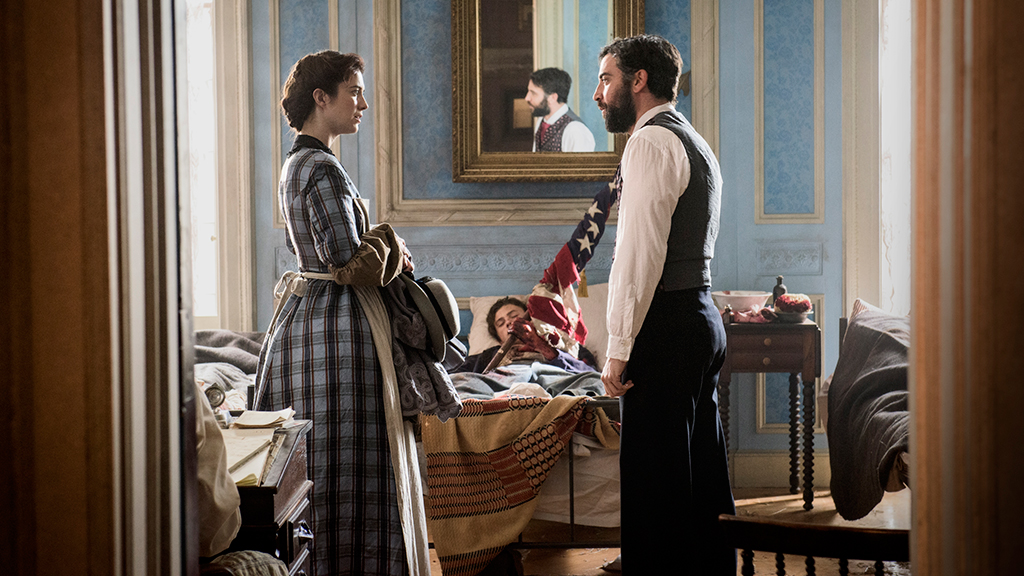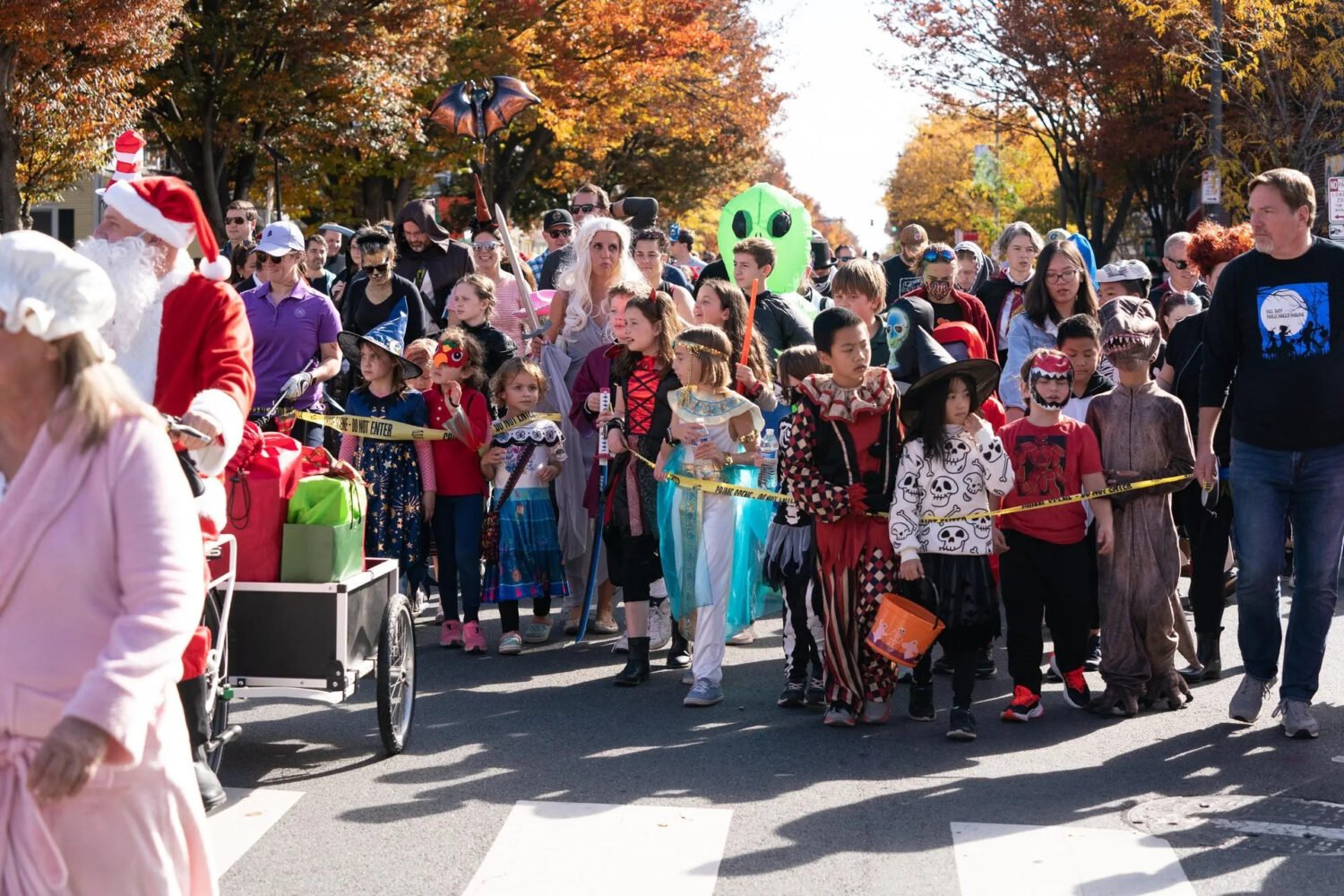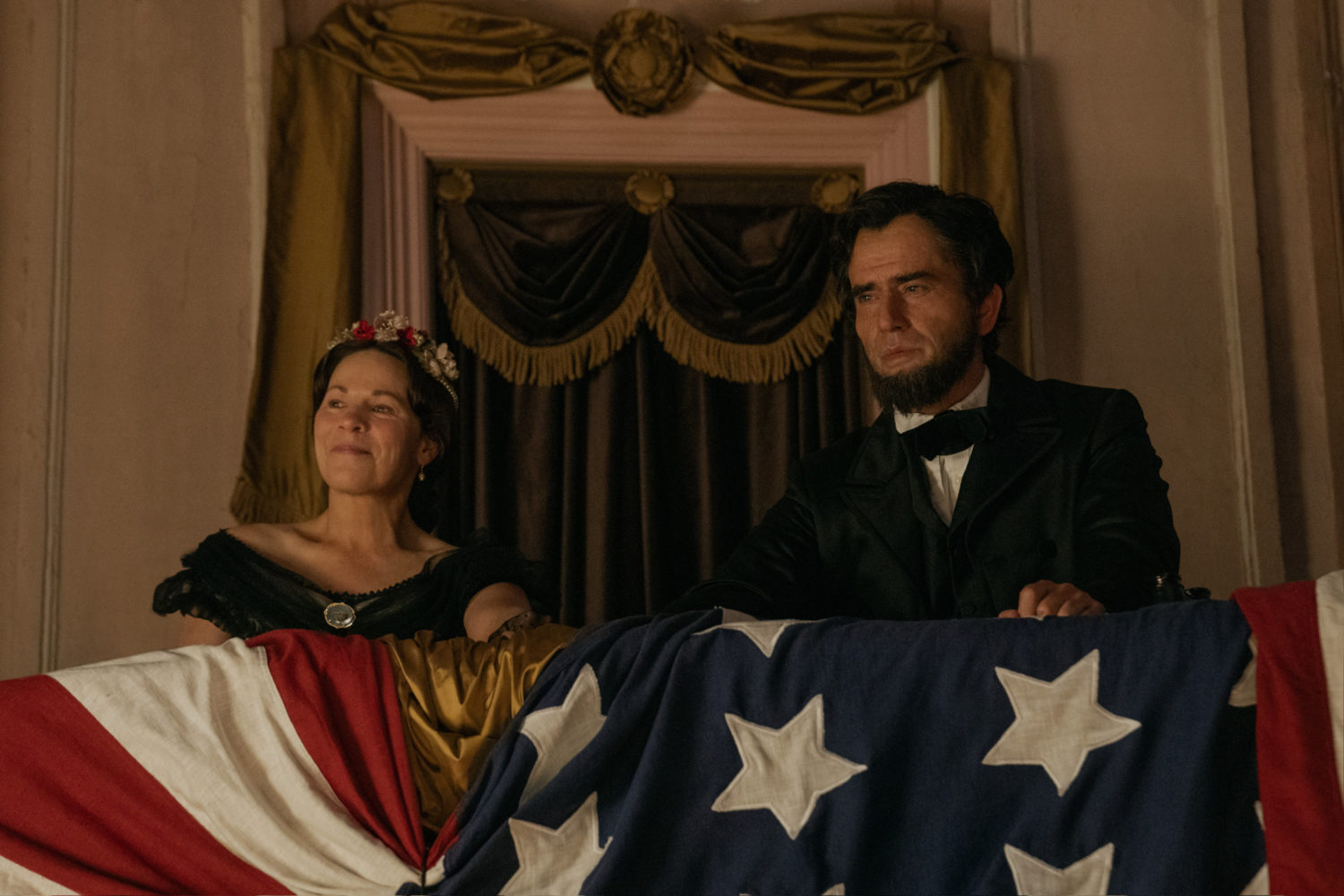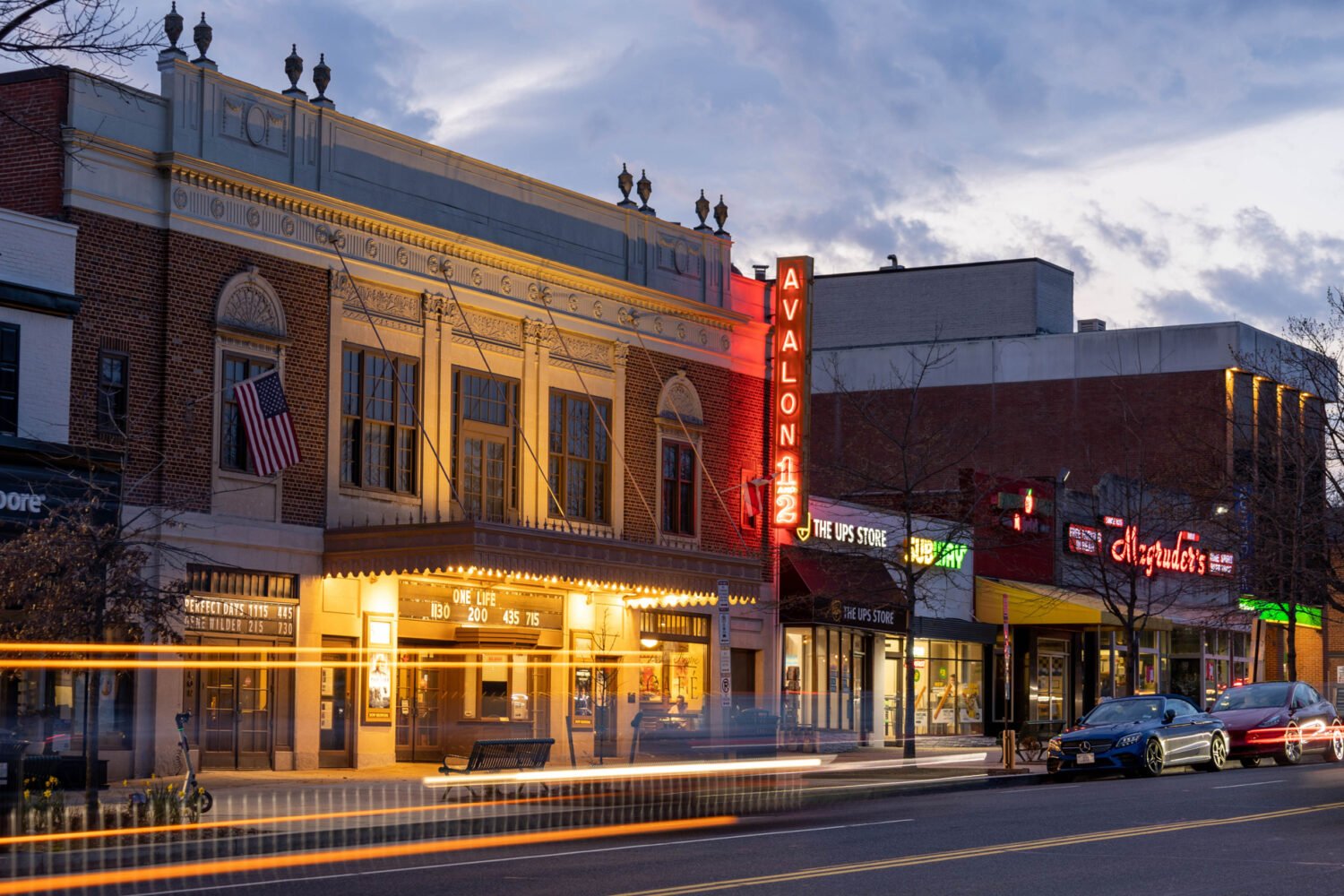A day after Virginia seceded to the Confederacy in 1861, Union forces invaded Alexandria, propelling residents to flee—or abide by Northern rules. Nowhere was this tension more evident than the Mansion House, a hotel turned makeshift Union hospital. Within its walls, Confederate soldiers recovered alongside their enemy. Women broke free from convention and worked as volunteer nurses. Escaped slaves found refuge in the Union’s southernmost city, where they could live a better life. Those circumstances are the premise for Mercy Street, a PBS drama.
Filmed in Richmond and Petersburg, the miniseries paid close attention to historical accuracy by employing consultants from the National Museum of Civil War Medicine in Frederick and the Alexandria Black History Museum. Co-creator Lisa Quijano Wolfinger spent months in Alexandria poring over letters, photos, and diaries to understand the city’s role in the Civil War. “I loved the idea of North and South living side by side,” she says. “You never think of Americans living in an occupied town.”
The story centers around the Green family—owners of the Mansion House—whose naive daughter, Emma, becomes a nurse and falls for a dangerous Confederate spy. The drama spills into the hospital, located on the grounds of the Carlyle House, a still-standing Colonial home where the Greens lived. Throw in an uptight New England abolitionist nurse, an arrogant surgeon played by Josh Radnor of How I Met Your Mother (above with Mary Elizabeth Winstead), and a couple of prostitutes and you’ve got more than enough theatrics to give the departing Downton Abbey a run for its money.
The reality wasn’t as juicy. Emma didn’t become a nurse, and according to Carlyle House Historic Park administrator Susan Hellman, the Greens didn’t live alongside Union soldiers. Besides that, most of the plot points are accurate. Spoiler alert: In real life, Emma and her spy got hitched. PBS, Premiering January 17.
This article appears in our January 2016 issue of Washingtonian.
















